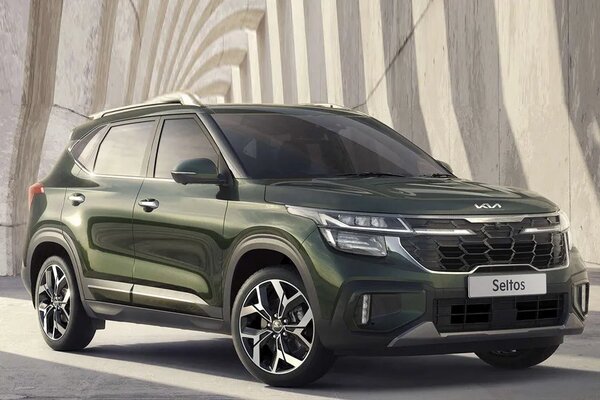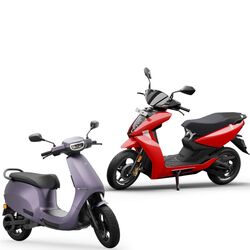Xiaomi SU7 electric sedan is a big hit. And in more than one way
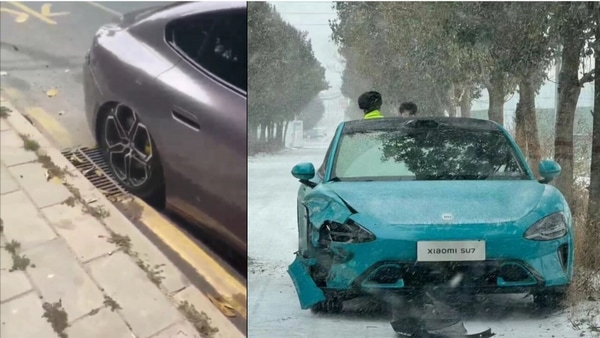

Xiaomi, the renowned tech giant, has stepped into the world of electric vehicles with the launch of its first EV, the Xiaomi SU7, in Beijing on March 28. The vehicle, dubbed as China's Apple Car, received an overwhelming response with nearly 90,000 firm orders within 24 hours of its launch, essentially selling out for the year 2024. Deliveries are set to commence by the end of April.
The SU7 has already made its way to 59 showrooms across 28 cities in China, offering test drives and attracting large crowds. Reports suggest that some eager customers have even waited until 3 am just to get a glimpse and experience a test drive. Furthermore, Xiaomi has handed over the SU7 to numerous lifestyle influencers for driving reviews.
Also check these Cars
Also Read : Xiaomi SU7 sold out for 2024, customers face seven months' wait time
However, with the increased visibility of the Xiaomi SU7 on the streets, negative narratives have started to emerge. Videos and images of the Xiaomi sedan involved in crashes and accidents have circulated on Chinese social networks. One such video published by CarNewsChina shows a driver losing control of the Aqua Blue SU7 test vehicle and crashing into a side wall after performing inexperienced driving manoeuvres.
This incident has raised concerns about the vehicle's traction control software, which appears to have failed to prevent the dangerous manoeuvre. Unlike more advanced systems like Tesla's, which use data from the electric motors to measure actual wheel grip and react before wheel slip occurs, Xiaomi's traction control system seems less sophisticated, leading to safety concerns.
Additionally, another video shared online shows the Xiaomi SU7 in Radiant Purple with defective air suspension, causing the vehicle to unintentionally lower itself, turning it into a lowrider. Despite these incidents, some users have reported positive experiences, with one Weibo user sharing images of an SU7 involved in a minor accident, highlighting the car's ability to handle collisions well with only minor damage.
Another recorded crash involving an SU7 in a standard rear-end collision with another car appears to be due to an inexperienced driver rather than a vehicle defect. Interestingly, this collision occurred before the official launch event on March 24.
Earlier in February, Xiaomi made headlines when the SU7 crashed during winter testing in Heiha City in Northeastern China, marking the first historical crash of a Xiaomi car. These incidents highlight the challenges Xiaomi may face as it enters the competitive electric vehicle market and strives to establish itself as a major player in the industry.








 64.8 kWh
64.8 kWh 418 Km
418 Km
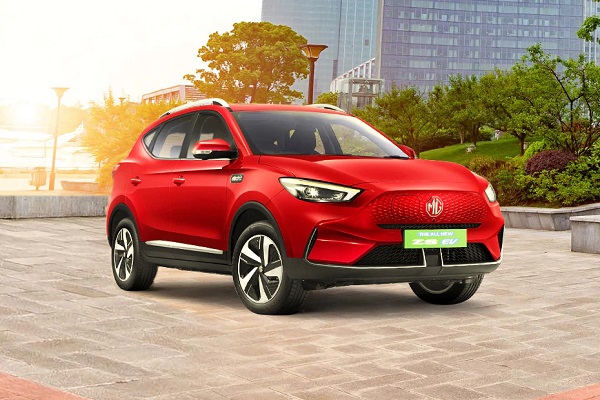
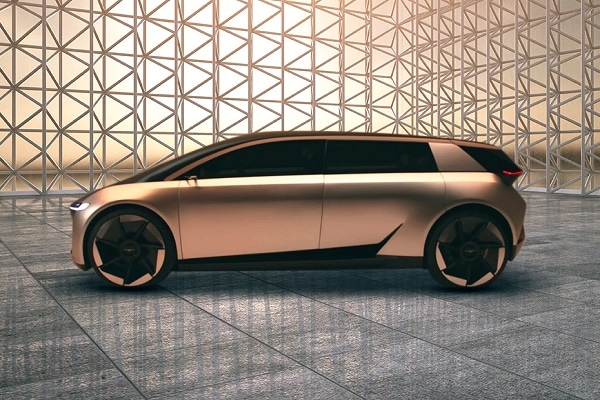
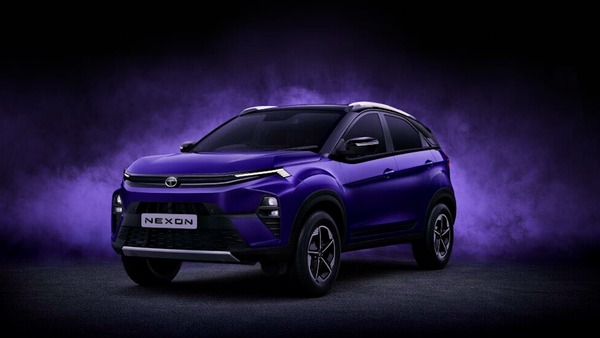
 1497 cc
1497 cc Multiple
Multiple